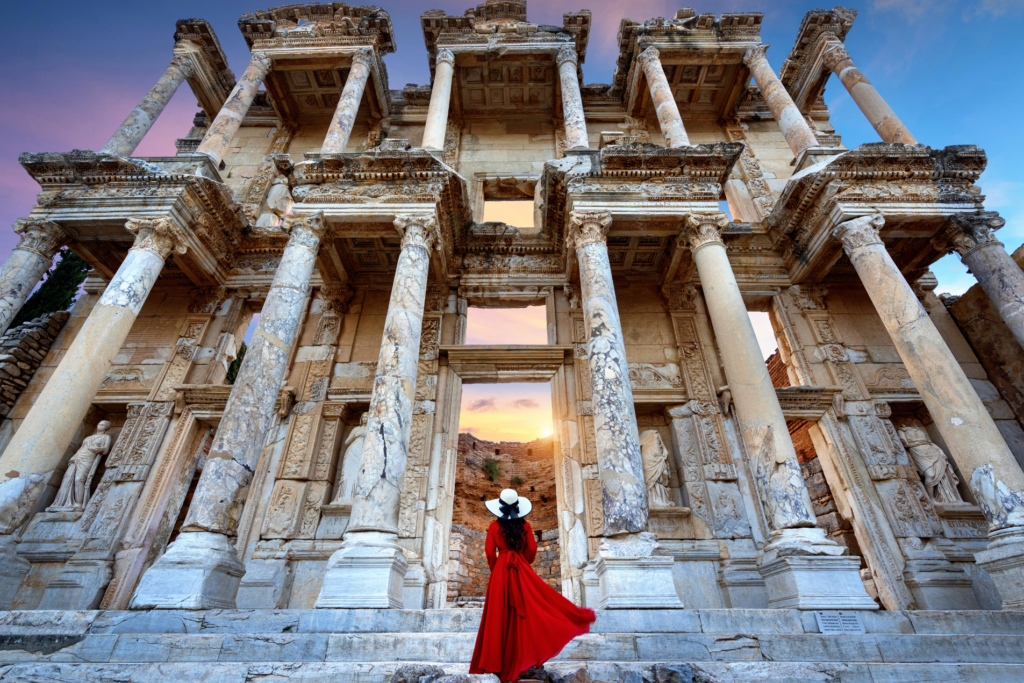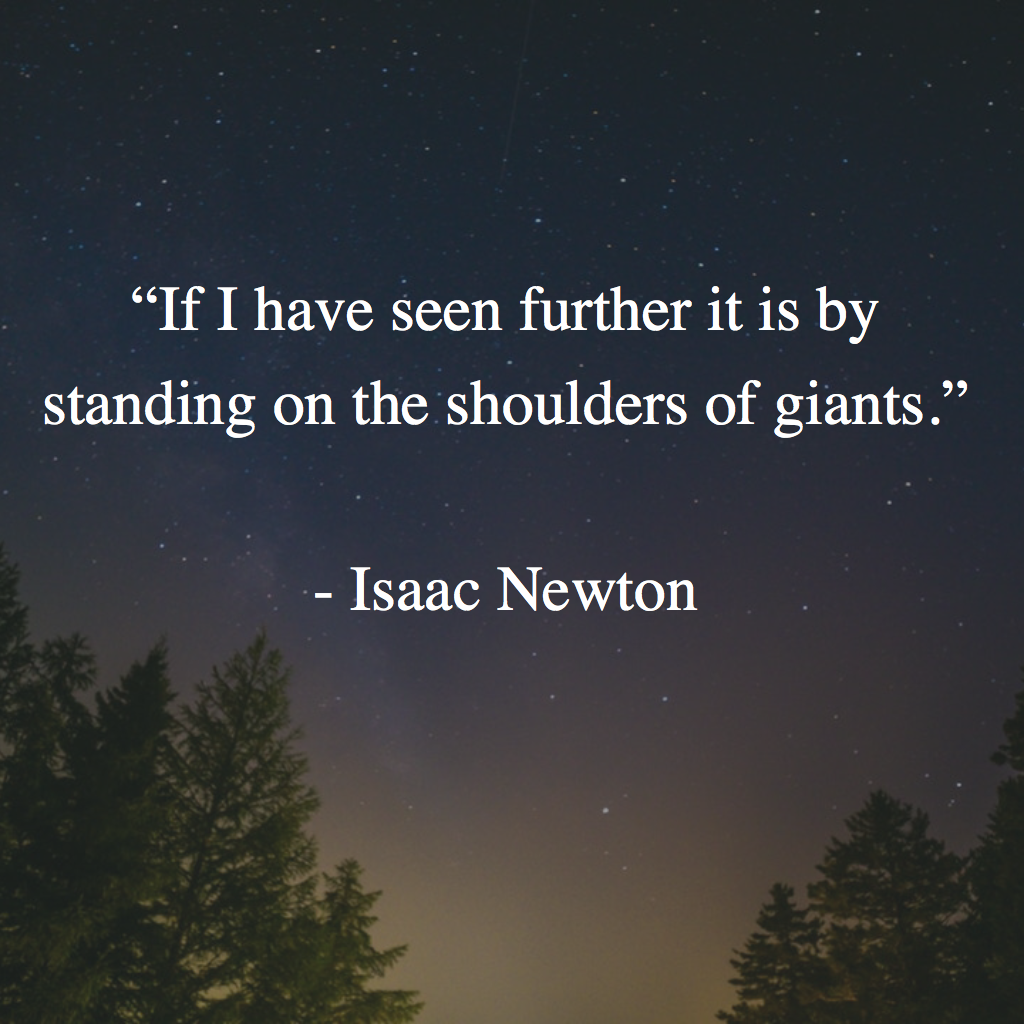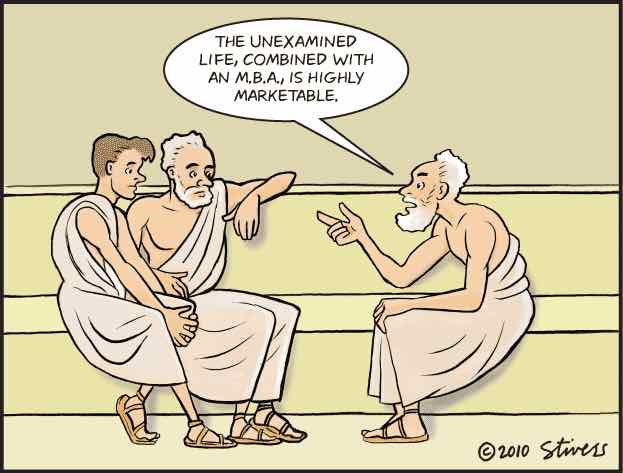
In times of uncertainty, grief, and stress, the sage wisdom of great ancient thinkers can ground us with much needed guidance and practices. There is a treasure trove of books and documentaries on ancient wisdom that we can access during our times of need. These six ancient quotes and proverbs from various corners of the globe offer a taster of what you can learn from bygone eras. (Estimated reading time: 6 minutes)
“Ancient wisdom is the medicine for the modern world.”
— Don Howard
Mention the term “ancient wisdom” at a party, and people’s eyes will glaze over. Conversations on current events, entertainment, and sports are seen as more appropriate at a soirée.
Most people’s forays into ancient worlds ended with the high school paper they wrote on mummification in Ancient Egypt, or after completing a college elective in Greek and Roman Mythology.
If you’re skeptical about the relevance of ancient wisdom in modern day life, the cure to your chronological myopia is to take on a cosmic perspective by simply looking up at the night sky.
On a clear, dark night, you can see roughly 6,000 stars in the sky. Your ancient predecessors saw the very same celestial skyscape. They marveled at the majestic constellation of Orion, one of the most recognizable constellations in the sky, they observed the waxing and waning of the moon, and they were mystified by the sudden appearance of comets and meteor showers.
In the absence of the scientific knowledge and technology we have today, ancient cultures developed myths and legends to explain cosmic objects. Whether they were constructing calendars, plotting the movement of the stars, or erecting structures to track the patterns and cycles of heavenly bodies, their reverence, awe, and fear are evident in their interpretations.

When you observe the hieroglyphics in the Karnak Temple in Luxor, or make sense of the Latin scriptures of The Book of Kells written by monks in Medieval Europe, what will emerge is a commonality in the themes surrounding life’s big questions, challenges, and opportunities.
Although the ideologies, characters, and mythologies are different from culture to culture, era to era, the unifying thread of the human experience connects us all. Our hearts, minds, and bodies still work in the same fundamental way, and we share the same hierarchy of needs and desires as our forebears.
Life has drastically changed from ancient times, but the basic intention of our ancestors still stays with us today: understanding our place in the Universe, making sense of our existence, building a sense of community, and the drive to survive and innovate.
Yet the quality of consciousness and the thought processes of the ancients were considerably higher than most people today. They had a depth, rawness, and untainted subjectivity in their analysis that’s rare to mimic in modern times. Life has become fast-paced, hectic, and overstimulating—fewer people now have the luxury to reflect and contemplate.

Times were simpler in the ancient world, and little changed over several generations. This provided the time and space to engage in a rich and complex interior life. Teresa of Ávila, a Spanish noblewoman who was drawn to covenant life in the Catholic church, captured the essence of the intricacies of this inner world in her book “The Interior Castle”:
“My head sounds just as if it were full of brimming rivers, and then as if all the water in those rivers came suddenly rushing downward; and a host of little birds seem to be whistling, not in the ears, but in the upper part of the head, where the higher part of the soul is said to be.”
The majority of the population lived in dire conditions due to the lack of modern conveniences and human rights, but there were wise sages—monks, saints, philosophers, guru’s, shamans, holy men, scholars—cloistered in spaces, penning enlightened ideas and erudite teachings that are still relevant today. They laid the foundation for philosophy that is applicable to all aspects of living.
Some of these teachings are religious, and some are philosophical. Whether we prefer the rational and critical nature of philosophical thought, or the subjective and faith-based sacred texts of religion, as a source of guidance and a template for living, we can gain a lot from the discoveries made by ancient luminaries.

In times of uncertainty, grief, and stress, the sage wisdom of great thinkers can ground us with much needed guidance and practices. There is a treasure trove of books and documentaries on ancient wisdom that I couldn’t possibly do justice to in one blog post. So, I picked my six favorite ancient quotes and proverbs from various corners of the globe.
“Educating the mind without educating the heart is no education at all.” – Aristotle
Education should focus on developing both the logic-driven rational realm of the mind and the emotional and altruistic realm of the heart. We need both emotional intelligence (EQ) and intellectual intelligence (IQ) to experience success and fulfillment. Having a high EQ facilitates capacity for empathy, stress, conflict management, communication, and resilience.
“When you pray, move your feet.” – African proverb
While there’s tremendous value in prayer, visualization, and other manifestation practices, we still need to respond to circumstances and take action. Sitting around, wishing and wanting is not going to get you to your destination. The vision you hold in your prayers serves as inspiration for you to take a proactive stance in taking charge of your future outcomes.
“Everything has beauty, but not everyone sees it.” – Confucius
Beauty is all a matter of perspective. There are certain people, objects, and places that aren’t considered beautiful based on conventional standards, but if you’re willing to look deeper, you’ll find that beauty lies within—you’ll find a classic “diamond in the rough.” This also applies to difficult situations where we have opportunities to look for a silver lining. We must be grateful for the lessons those experiences teach us. This approach brings more beauty instantly.
“Perform all work carefully, guided by compassion.” – Ved Vyasa, The Bhagavad Gita
In our individualistic and materialistic society, where people are driven to work for their own benefit and profit, we forget to infuse warmth, heart, and compassion into what we do. This quote from the holy Hindu scripture reminds us that while striving for our own excellence, we must simultaneously work toward serving the betterment of humanity. A devotion to selfless work from a place of genuine altruism leads to inner abundance.
“The kingdom of heaven is within you; and whosoever shall know himself shall find it.”. – Ancient Egyptian proverb
Ancient Egyptians believed that a divine essence, brimming with potential, exists within every person. They placed a lot of importance on the journey of self-discovery to uncover the hidden treasures within us. By going on this journey, we’ll be able to discover our potential and unleash our creativity and talents. The notion that we hold the key to our prosperity and liberation is still as relevant today as it was 5,000 years ago when these words were inscribed.
“These pains you feel are messengers. Listen to them.” – Rumi
As a society, we tend to shun pain. We ignore it, become desensitized to it, or run away from it. This quote by Sufi poet and mystic Rumi reminds us that pain is an important emotion because it indicates an imbalance in our inner state that requires our attention. We need to treat emotional wounds the same way that we treat physical ones—with care, nurturing, and antidotes for healing. Have the courage to confront your pain because it’s there to lead you to a place of wholeness.
Like us, our ancient ancestors lived through the ups and downs of life, learning from it, and documenting their reflections. Even though many centuries have passed since they wrote their ideas, their words have aged like fine wine. By drinking from this well of wisdom, their sage advice can inspire us and give us hope in times of uncertainty and unrest.
All my best on your journey,
Seline

Question for you: What are some of your favorite teachings from ancient wisdom? How have those teachings shaped your perspective on life?
Did you like this post? Sign up below, and I’ll send you more awesome posts like this every week

I love ancietny history and the teachings of cultures and civilizations that have their roots going back to the earliest dawns of civilization! There is so much to learn and gain from them. I absolutely love it and think more people need to understand the importance of this!
I totally agree! There is so much we can learn from the past. So much that still can impact us today. I love learning about people and places and times from long ago. It changes you in a way you really dont ever expect!